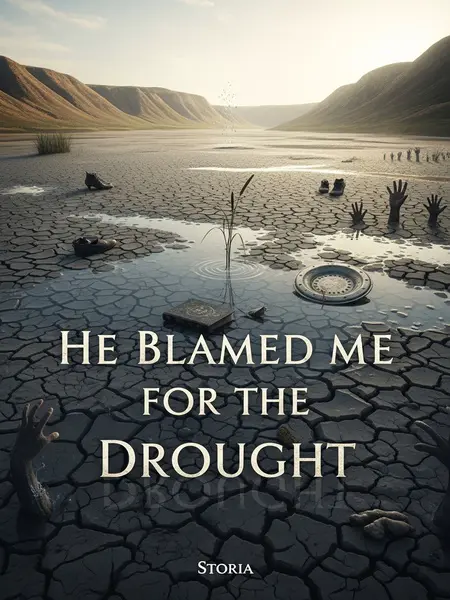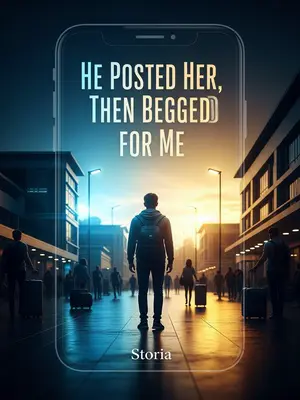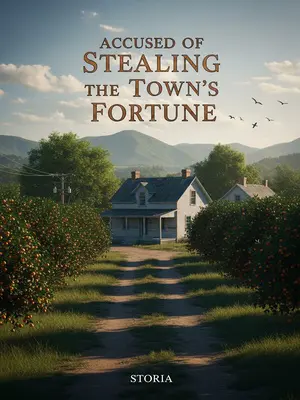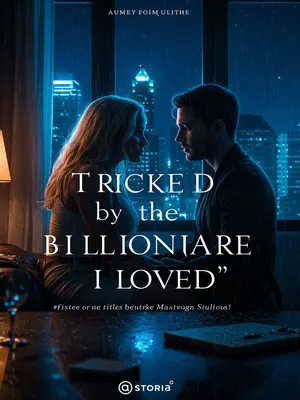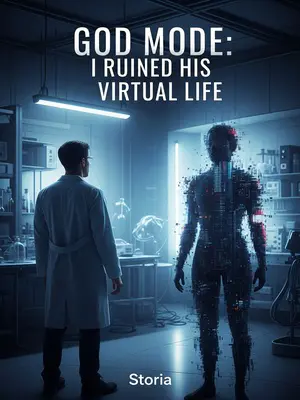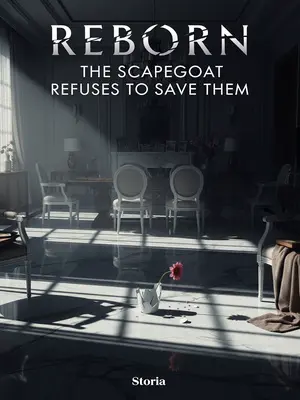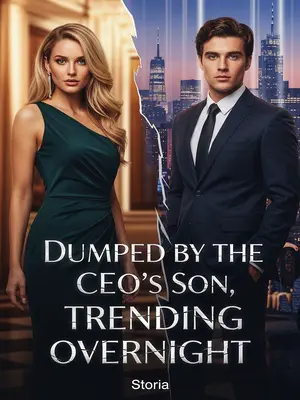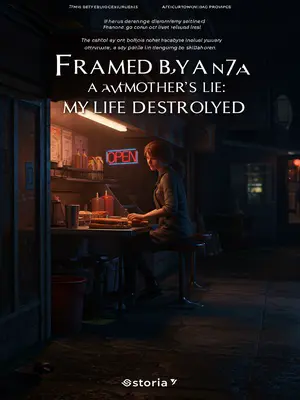Chapter 2: Offerings, Refusals, and Anger
He never came back. I never saw that old man again.
Word must’ve spread—don’t anger the spirit, don’t bring children, don’t expect miracles. He never returned to the riverbank, and his absence left a hollow silence behind, the kind that lingers in empty places.
The women at the riverbank gossiped, saying he’d made some kind of oath.
They whispered as they filled their buckets—about promises made and broken, about curses and blessings. Some claimed he’d sworn never to speak the spirit’s name again. Others said he’d gone mad from grief.
He failed to pray for rain and came back empty-handed. The President was furious and fired him on the spot.
It was harsh, but that’s how things went in hard times. The old preacher packed his things and left town, head down, shoulders hunched. Folks watched him go, wondering if they’d ever see rain again. I watched too, feeling a pang I couldn’t name.
More people were sent, one after another. They came singing and dancing, crying and shouting, all to pray for rain.
Every day brought a new group—some with guitars and tambourines, others with banners and painted faces. They chanted, wept, danced in circles, did everything they could think of. The noise never stopped, echoing through the dry valley.
It was all so noisy. Too much.
I covered my ears, wishing I could turn invisible again. The songs and prayers blurred together into a single, desperate plea. It made my head ache, my heart ache more.
I shut out everything—sight, sound, even touch—and sank deeper into the water.
It was the only way to find peace. I let go of sight, sound, even touch, becoming nothing but a whisper in the current. Down there, the world was quiet—almost gentle. It was the only comfort I had left.
The drought grew worse. The Redwater River—where all the streams converged—slowly revealed its riverbed.
The water pulled back, inch by inch, leaving behind cracked mud and stranded fish bones. The river that once fed the whole county was now just a memory—a scar across the land.
This time, the preacher sent by the President to pray for rain was a hustler from the next county over.
He was young, with a crooked grin and quick hands. Folks said he could talk a bird out of a tree or sell ice to a snowman.
He wore his preacher’s robe like a costume, and his eyes sparkled with mischief. It was hard not to notice him.
The first night the hustler preacher arrived, he came alone to the riverbank.
The moon was bright, casting silver shadows on the cracked earth. For a moment, I watched him, curious.
He looked both ways, then knelt by the water, setting out offerings with exaggerated care. He took his time, as if putting on a show for an invisible audience.
He hunched over, sneaking bites of the offerings he’d laid out for show.
He thought no one was watching as he stuffed pastries into his mouth, licking powdered sugar from his fingers. He took his time, savoring every bite.
Grapes vanished one by one, and he hummed a little tune as he ate. He looked completely at ease, as if he belonged there.
Pastries disappeared into his belly one after another, and grapes were popped into his mouth whole. He ate with the kind of joy I’d never seen at a sacred offering.
He didn’t even bother to pretend. The offerings were gone in minutes, and he leaned back with a satisfied sigh, patting his stomach like a cat in a sunbeam. He looked pleased with himself, content in a way that made me pause.
I stared in astonishment. I couldn’t believe what I was seeing.
I’d never seen anyone eat with such abandon, especially not at a sacred offering. For a moment, I almost forgot to keep myself invisible.
Seeing how comfortably he ate, I took human form and sat beside him.
I made myself small, not wanting to startle him, and settled on the riverbank. The night air was cool, and the scent of food lingered between us. I watched him, unsure what to say.
I spoke quietly: “So these things aren’t for the spirits to eat, they’re just the things you like, right?”
I tried to keep my tone light, but there was a sharpness in it I couldn’t hide. I was genuinely curious—and a little offended, honestly.
“You guessed it.”
He was so focused on eating that he didn’t even look up. “Anyway, the spirits don’t eat them, so I’ll finish them all. At least the food won’t go to waste.”
He shrugged, like it was the most natural thing in the world. A crumb stuck to his chin, and he brushed it off with the back of his hand, totally unfazed.
“Besides, no matter how much I eat, everyone will think the spirits took it.”
He grinned, flashing a row of crooked teeth. “It’s a good deal for everyone. I get a meal, and the folks get hope.”
I was speechless. I just stared at him, caught between annoyance and—maybe—a little admiration for his nerve.
It was a strange logic, but I couldn’t argue with it. I just kept staring, not sure whether to laugh or scold him.
Do you have to blame me for this? I didn’t eat a single bite…
I wanted to protest, but the words stuck in my throat. It wasn’t fair—everyone blamed the spirit, but the real thief was sitting right in front of me, licking his fingers.
He paused to hand me an orange: “Here, buddy, want one?”
